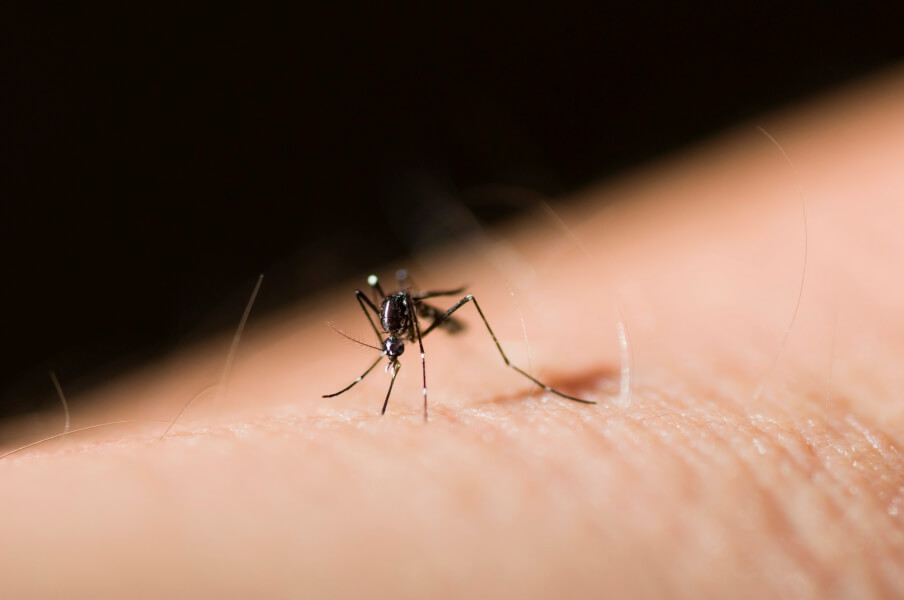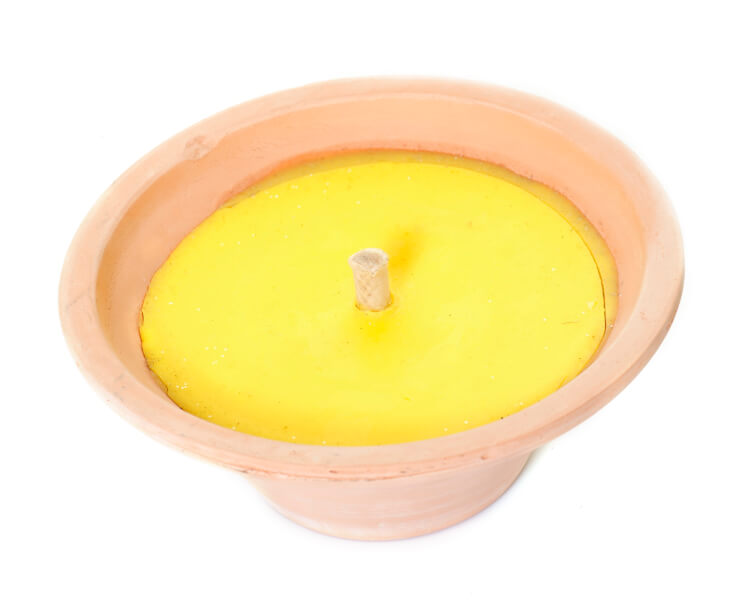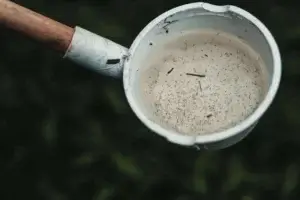Mosquitos are among the deadliest animals in the world. They cause more deaths to humans each year than any other creature. That’s why you need to protect yourself and your home from mosquitos
The insect itself isn’t dangerous. It’s the life-threatening diseases it carries. Among the most dangerous diseases they carry are malaria, the Zika virus, yellow fever, and more.
Mosquitos are found in all parts of the world, except Antarctica. This is why they pose danger to people throughout the globe.
Throughout history, mosquitos have caused millions of deaths. The number of people that died from mosquito bites today is much lower than before. Yet, there are still around 600 000 people each year that get infected and perish from mosquito-carried diseases.
We need to make sure to protect ourselves and our homes from these pesky insects as best as possible.
Learn more about the most dangerous bugs.
If you need professional pest control in Kansas, City, call us now.
How to Mosquito-Proof Your Home

At Gunter Pest Control we know that mosquitos can get inside of your house through windows, doors, door cracks, ventilation, the AC or from clothes hung to dry. Here are the most common tips on how to mosquito-proof your home:
Eight Tips On Getting Rid Of Mosquitos
Install And Maintain Fly Screens
This is your home’s first line of defense against any insects. You don’t need to install them on all windows, just on the ones you open most often. Make sure there are no holes on the screens and if there are any, repair them. You can use silicone caulk or screen patches.
Install Door Sweeps And Weatherstripping
This won’t only help to prevent mosquitos from entering your home, but it will also help cut down on energy bills.
Limit Mosquito Breeding Sites In Your Yard
Begin By Cleaning Up Your Yard.
Eliminate any breeding sites such as stagnant water sources where mosquitos will try to lay their eggs. These can be clogged gutters, empty flowerpots, driveway puddles, and more. Getting rid of mosquito eggs is crucial because just one female mosquito can lay close to 1000 mosquito eggs in her lifetime! If you cannot remove a certain water source, use treatment tabs that attack the larval stage of mosquito growth. The product is known as Mosquito Dunks and it’s offered by many brands at reasonable prices. When using such products – carefully follow the instructions to keep chemicals out of the water you drink.
Pro tip: Always maintain your yard clear, hedges trimmed, and grass mowed, to reduce the hiding grounds for mosquitos.
Learn more about how to identify and get rid of lawn pests.
Natural Repellents
Repellents such as plants (basil, coriander, anise, lemongrass, lavender, garlic) are only somewhat effective at deterring insects. However, if used in combination with removing breeding grounds, they can have a better effect.
Unfortunately, a mosquito may still end up inside of your house.
Tips On Preventing Mosquitoes And Other Insects This Spring
Mosquito Repellents And How To Make One On Your Own

Mosquito repellents don’t kill mosquitos. They prevent bugs from landing on your skin to bite.
Before you make a repellent, you need to know what attracts and what repels mosquitos in the first place.
What Attracts Mosquitos
- Body odor
- Lactic acid
- Carbon dioxide
- Secretions
- Human blood
Mosquitos prefer blood type “O” more than any other type. That’s why some people get bitten by this insect more than others. Also, keep in mind that drinking alcohol can be another reason mosquitos attack you.
- Basil
- Garlic
- Peppermint
- Eucalyptus
- Rosemary
- Tea tree
- Lemon
- Geranium
- Lavender
Making A DIY Mosquito Repellent
To create a DIY repellent, you need to use the scents listed above to cover up the ones that attract mosquitos. Some people say that having these plants in your garden will protect your home from mosquitos and escape the waste of chemicals in nature. Have in mind that you need to plant a lot to do the work.
The easiest thing for you to use as a natural DIY repellent is mixing essential oils with some of the scents listed above. They are cheap and sold in many stores. You can also try plants, too.
How To Make A Natural Repellent Using Plant Leaves

Pour boiling water over fresh leaves from basil, lavender, rosemary, and leave them overnight. On the next day, pour the water in a spray bottle and spray yourself before heading outside.
The same kind of mosquito repellent can be made with essential oils instead of boiling fresh leaves, commented Alexander Crawley, an Australian pest control professional. But keep in mind that not all homemade sprays will work, he adds.
How You Can Make A DIY Natural Repellent Using Essential Oils

You will need:
- 2 tablespoons of Olive Oil.
- 2 tablespoons of Vodka or Witch Hazel.
- 55 drops Lemon Eucalyptus Oil.
- 15 drops Cedarwood Oil.
- 15 drops Lavender Oil.
- 15 drops Rosemary Oil.
Add olive oil and vodka in a small spray bottle (around 100ml). Then add the mixture of essential oils. Shake before each use.
Things That Don’t Repel Mosquitos

Using alternative repellents, from the ones we’ve talked about so far, may not be as effective.
Here’s what you shouldn’t use:
- Citronella candles
- Bracelets that contain herbal extracts
- Sonic mosquito repellers
We recommend not to spend your money on these items, as they simply don’t work.
If you’re curious why those products didn’t turn out to be effective at all, here’s a research from the Journal of Insect Science to further clarify.
Takeaways
While you still may get bitten by these pesky insects, and once in a while they may end up getting inside of your home, following these tips will reduce the chances of that happening.
Here Is A Video Synopsis Of This Blog Post
Frequently Asked Questions About Mosquitoes
What Kills Mosquito Larvae?
Mosquito larvae can meet their demise through a variety of methods. One common way to kill mosquito larvae is by using larvicides. These are chemicals specifically designed to target and eliminate mosquito larvae in their breeding sites, such as stagnant water sources like ponds, birdbaths, or puddles. Larvicides work by disrupting the larvae's development or directly causing their death. Alternatively, introducing natural predators of mosquito larvae, such as certain species of fish or copepods, into water bodies can also effectively reduce mosquito populations by consuming the larvae before they mature into adult mosquitoes. Additionally, maintaining good water management practices, like regularly emptying containers that collect water and ensuring proper drainage, can prevent the accumulation of standing water where mosquitoes lay their eggs, thus interrupting the larvae's life cycle.
How High Can Mosquitoes Fly?
Mosquitoes are not known for their high-flying abilities. In fact, most species of mosquitoes tend to stay relatively close to the ground, typically flying at heights ranging from a few feet to around 25 feet above the ground. While some species may occasionally fly higher, especially when seeking out hosts or navigating obstacles, the majority of mosquito activity occurs within this lower airspace. However, certain environmental factors, such as strong winds or thermal currents, can influence their flight patterns and possibly allow them to reach slightly higher altitudes. Nevertheless, for the most part, mosquitoes are creatures of low flight, buzzing around in search of their next blood meal within the reach of our swatting hands.
Do Ladybugs Eat Mosquitoes?
Yes, ladybugs can indeed feast on mosquitoes, among other small insects. Ladybugs are voracious predators, known for their appetite for aphids, scale insects, and other soft-bodied pests that plague gardens and crops. While mosquitoes may not be their primary prey, particularly because mosquitoes tend to fly higher than ladybugs typically forage, ladybugs will not pass up the opportunity for a mosquito snack if they encounter one within their hunting range. However, it's worth noting that ladybugs primarily feed during their larval stage, where they consume vast quantities of insects before pupating into their recognizable adult form. So, while ladybugs may contribute to the natural control of mosquito populations, they are not solely reliant on mosquitoes for sustenance.
Does Perfume Attract Mosquitoes?
Yes, certain scents, including those found in perfumes, can attract mosquitoes. Mosquitoes have highly sensitive receptors that help them locate hosts for a blood meal, and they are known to be attracted to a variety of odors emitted by humans, including those from perfumes, colognes, and scented lotions. Floral or fruity fragrances, in particular, can be enticing to mosquitoes, as they mimic the scents of nectar-producing flowers, which female mosquitoes often feed on for energy. Therefore, wearing heavily scented perfumes or fragrances may inadvertently increase your attractiveness to mosquitoes, potentially leading to more mosquito bites. To reduce your risk of being bitten, especially in mosquito-prone areas, consider opting for unscented personal care products or those with repellent properties that deter mosquitoes.
Can Cats Get Mosquito Bites?
Yes, cats can get mosquito bites just like humans and other animals. While cats have fur that provides some protection against mosquito bites, their exposed areas such as ears, noses, and bellies are vulnerable to mosquito attacks. Mosquito bites on cats can cause similar reactions as those seen in humans, including redness, itching, swelling, and discomfort. In some cases, cats may excessively scratch or groom the bitten area, leading to skin irritation or secondary infections. Additionally, mosquitoes can transmit certain diseases to cats, such as heartworm disease, which can be fatal if left untreated. Therefore, it's essential to protect cats from mosquito bites by keeping them indoors during peak mosquito activity times, using mosquito repellents specifically formulated for pets, and ensuring they receive preventive veterinary care, including heartworm prevention medication prescribed by a veterinarian.









